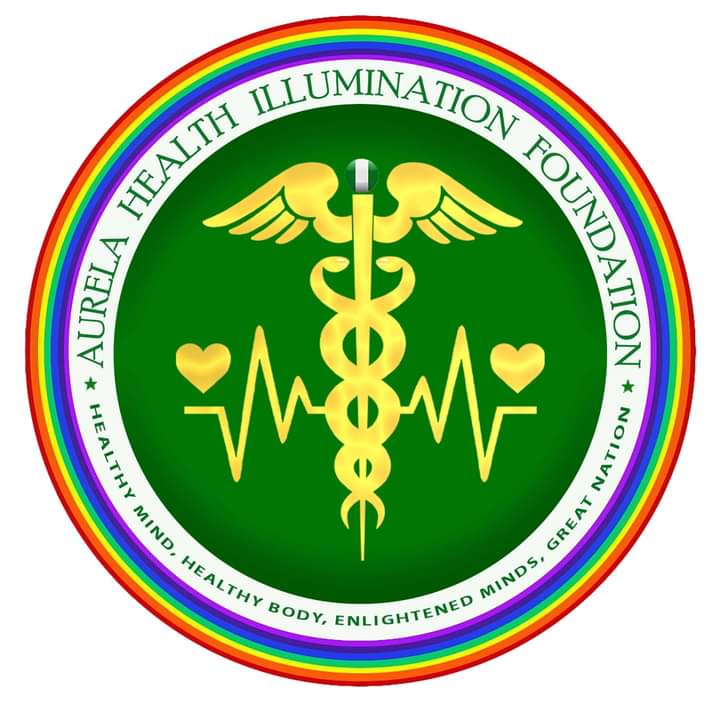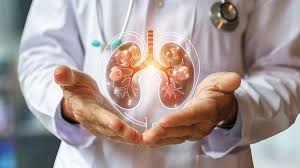The risk of kidney cancer increases significantly after the age of 40.
While age and genetics play a major role, your lifestyle choices can greatly influence your chances of developing the disease.
According to Dr Pushpinder Gulia, director of surgical oncology and robotic oncosurgery at CK Birla Hospital in Gurugram, protecting your kidneys is not just about staying healthy in the present but about making wise decisions throughout your life. He emphasizes that strong kidney health is the result of consistent care and preventive habits over time.
Here are key tips recommended by Dr Gulia to help lower your risk of kidney cancer:
Avoid Smoking Completely
Tobacco use is one of the top contributors to kidney cancer. Even occasional smoking exposes your kidneys to harmful chemicals and weakens blood flow. Quitting smoking early can greatly reduce your long-term risk.
Maintain a Healthy Weight and Stay Physically Active
Carrying excess weight increases your chances of developing kidney tumors, partly due to insulin resistance and ongoing inflammation. Simple activities like a daily 30-minute brisk walk can help you manage your weight and support kidney health.
Be Careful with Painkillers
Many young people frequently use over-the-counter pain medications such as ibuprofen for headaches and muscle pain. While occasional use may be safe, regular or long-term use can damage the kidneys and possibly raise your cancer risk. Always follow medical advice and consult a doctor if you rely on these medications often.
Making these lifestyle changes can significantly lower your risk of kidney cancer and improve your overall well-being.
Four Keep Blood Pressure and Blood Sugar Under Control
Uncontrolled diabetes and high blood pressure are major risk factors for both kidney disease and kidney cancer. These conditions often develop silently in the early stages, so regular health screenings are essential. Managing them with proper medication, a balanced diet, and reduced intake of salt and sugar can go a long way in protecting your kidneys.
Five Include Kidney Tests in Routine Health Checkups
If you have a family history of kidney issues or work in environments with chemical exposure, speak with your doctor about adding kidney function tests or imaging scans like ultrasounds to your regular medical checkups. Early detection is key to better outcomes.
Six Stay Well Hydrated
Proper hydration supports kidney function by helping to flush out waste from the body. Aim to drink at least eight to ten glasses of water daily unless your doctor advises otherwise due to a medical condition.
Seven Limit Exposure to Harmful Chemicals
Those who work with industrial chemicals, pesticides, or heavy metals should be extra cautious. Wear protective gear when handling chemicals at home or outdoors and minimize unnecessary exposure. Regular screenings are vital for early detection of any related kidney issues.
Eight Pay Attention to New or Unusual Symptoms
Unexplained weight loss, blood in the urine, or continuous back pain should not be ignored, especially in older adults. These can be early warning signs of kidney cancer and require immediate medical attention.
Important Reminder
This information is meant to educate and raise awareness. It does not replace professional medical advice. Always consult a qualified healthcare provider with any concerns about your health.




No comment